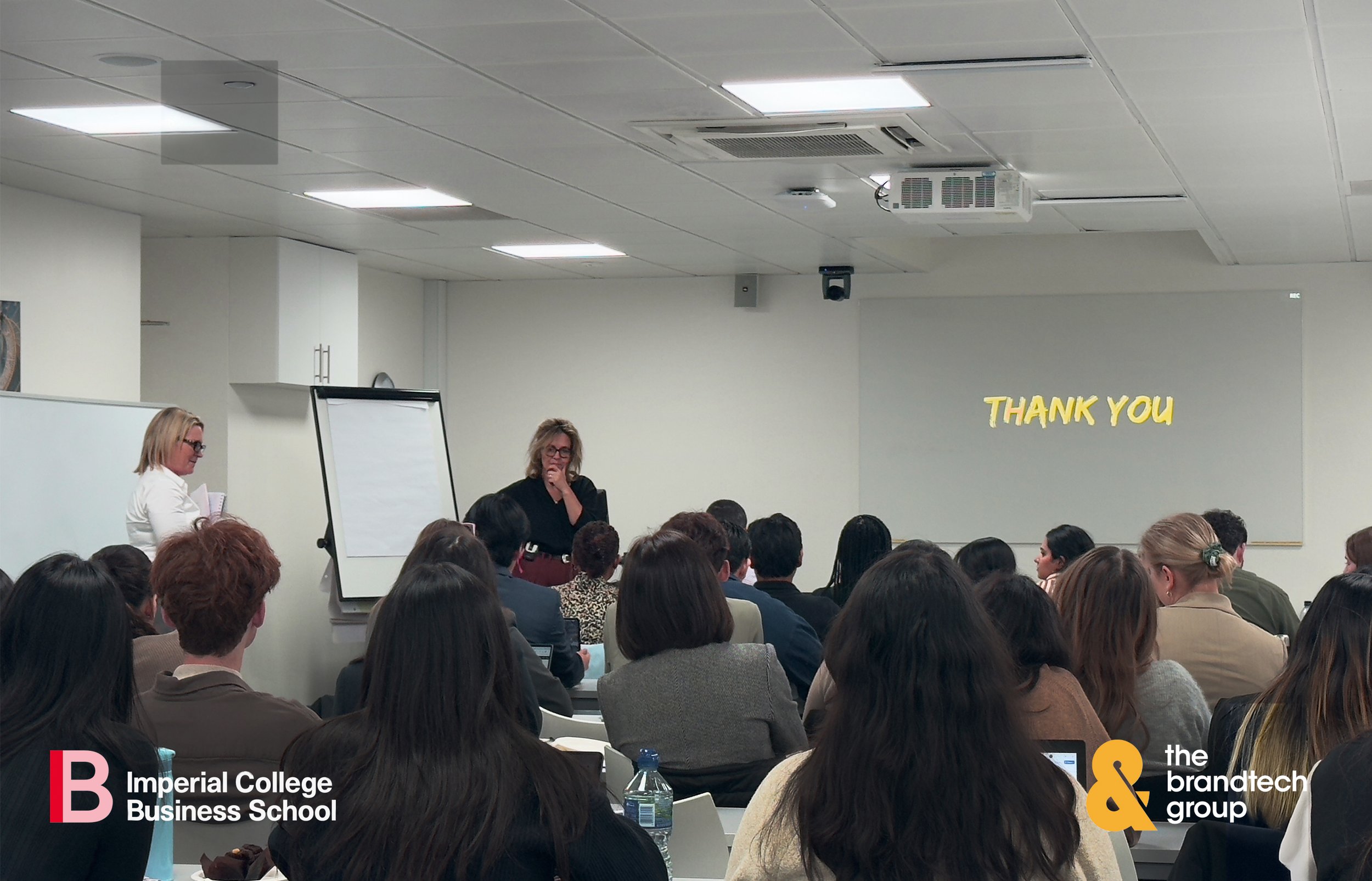Skillsoft highlights top skills and career paths for A-Level leavers on results day 2024
Students across the UK have been collecting their A-Level results this morning. As they consider their next steps, some will opt to continue their education at university, while others will choose to enter the workforce.
A recent Press Association Survey highlights that Russell Group universities are advertising nearly 3,900 openings for domestic undergraduate courses starting this autumn—almost double the number available at the same time last year. This surge in vacancies provides students with more options to secure a university place through the clearing process.
However, for those considering alternatives to university or those unsure about their career direction, Skillsoft’s latest IT Skills and Salary Report offers some interesting insights. The report identifies key sectors experiencing significant skills gaps and actively seeking new talent. These include:
Cybersecurity and Information Security
Artificial Intelligence (AI) and Machine Learning
Analytics, Big Data, and Data Science
Cloud Computing
Application Development
These sectors not only have high demand but also offer some of the highest-paying roles in today’s job market.
The Shift Towards Skills-Based Hiring
There has been a noticeable shift in hiring practices in recent years, with many companies moving away from requiring university degrees. Instead, there is a growing focus on skills-based hiring. A report by HireVue found that over half of UK employers plan to prioritise skills over traditional qualifications like degrees or prior work experience.
This change in approach opens up opportunities for those who may not attend university. Developing transferable skills is becoming increasingly crucial for career development.
To guide students and job seekers, Skillsoft has highlighted ten essential transferable skills in their latest report, critical for success across various industries:
Effective Communication
Leadership and Management
Problem-Solving and Critical Thinking
Digital Literacy
Adaptability
Emotional Intelligence
Creativity
Teamwork and Collaboration
Time Management
Networking
Darren Bance, General Manager of Skillsoft Global Knowledge, emphasises the importance of skills. He states:
"A-level results are just one piece of the puzzle when it comes to candidacy. At Skillsoft, we believe that students—and all individuals for that matter—should prioritise showcasing their skills. In today's job market, companies are moving away from assessing candidates solely based on university qualifications and are instead focusing on transferable skills like effective communication, emotional intelligence, problem-solving, and adaptability. These skills are opening the door to sectors that previously would have been difficult for people who didn’t go to university to access."
Bance also points out the importance of continuous learning:
"It’s also important to realise that our learning journeys are never finished. For students leaving sixth form or college today, there are more options than ever to learn new skills and strengthen their CVs. The tech sector, for instance, is grappling with a severe shortage of talent and places great importance on certifications and qualifications that can be obtained outside of universities. By developing these transferable skills, students can better position themselves for success in any career path."
Speaking exclusively to ETIH, Darren Bance, General Manager of Skillsoft Global Knowledge, said:
“This is the perfect time of year to remind students—and people at all stages of their careers—that results are only one aspect of your professional profile. Numerous skills contribute to a successful career, and increasingly, employers are focusing on skills rather than assessing candidates solely based on university degrees. It is never too late to learn new skills, especially those that can propel you forward in the working world, such as effective communication, emotional intelligence, problem-solving, and adaptability.
There are now more opportunities than ever to build new skills to enhance your CV and new ways to access fields that once required a university degree. We are seeing skills gaps across industries, particularly in tech, which create opportunities for those with a wider range of certifications and qualifications in key areas to advance. By committing to lifelong learning, we can continually build our skills, explore new avenues, and adapt to the ever-changing working world—regardless of our educational background.”





















